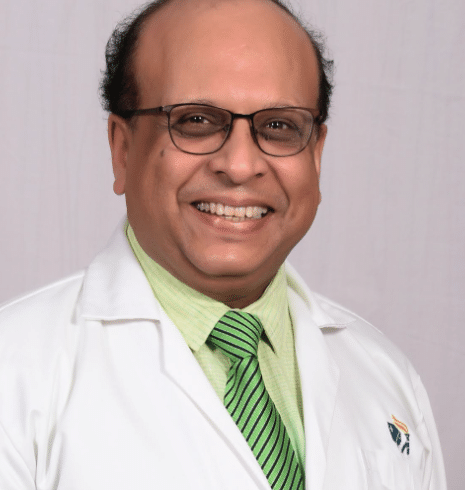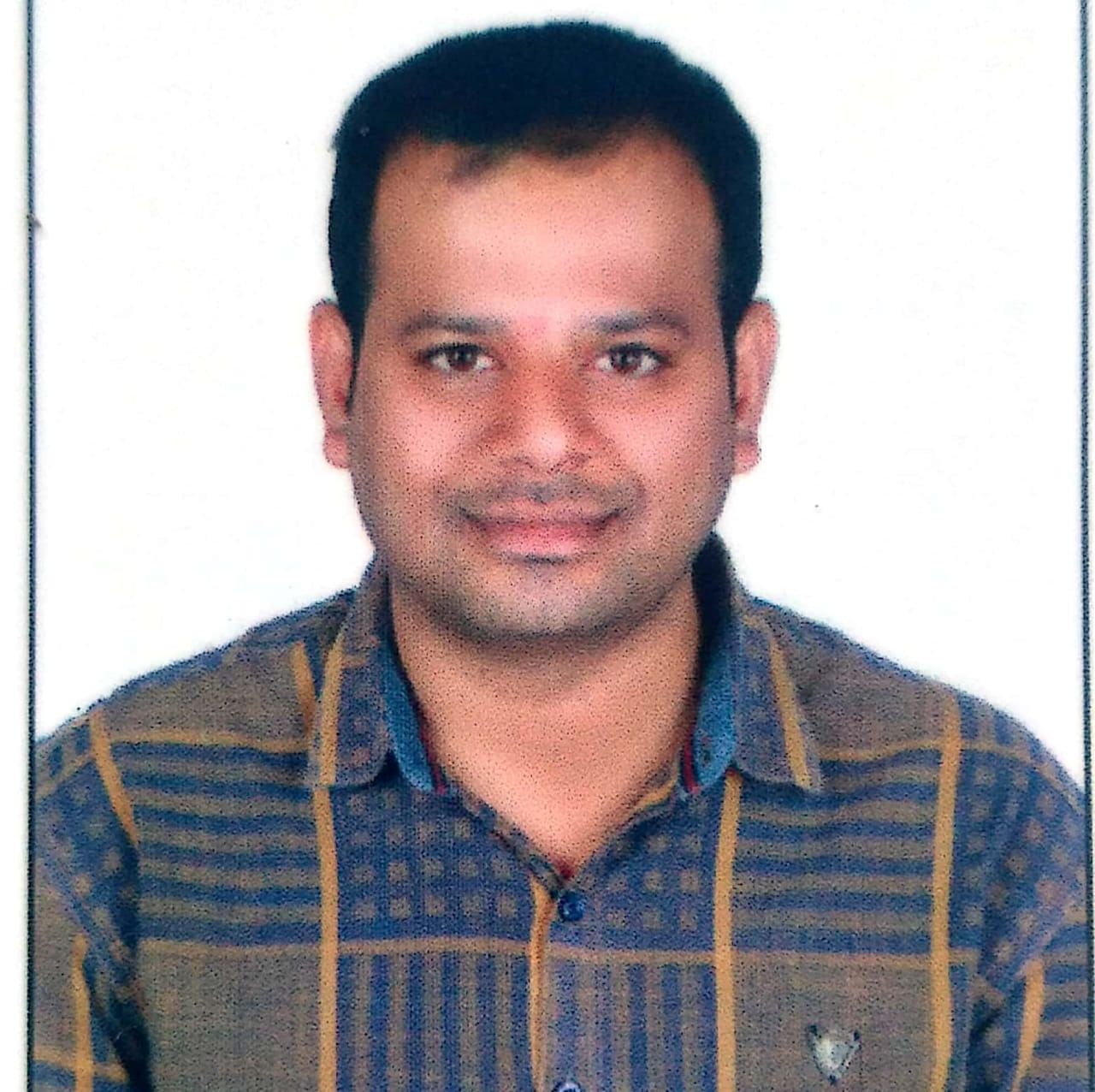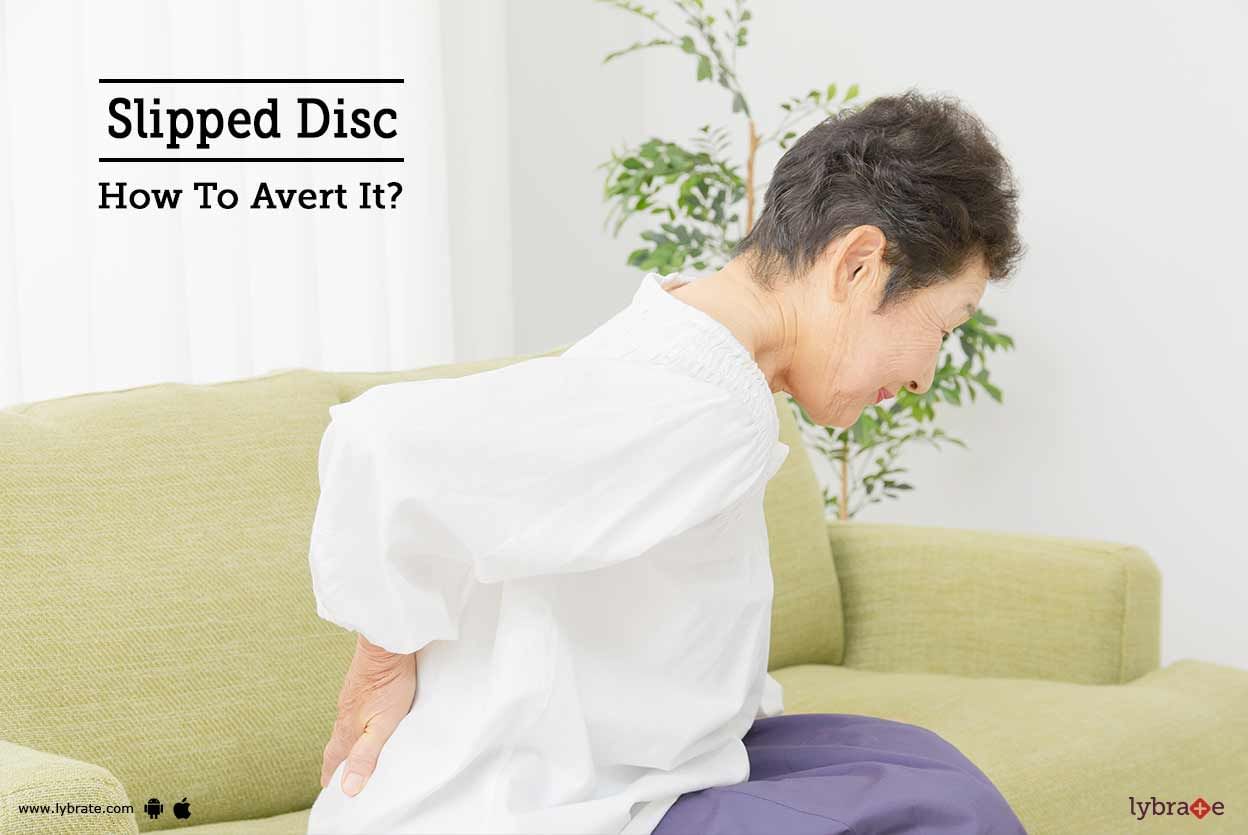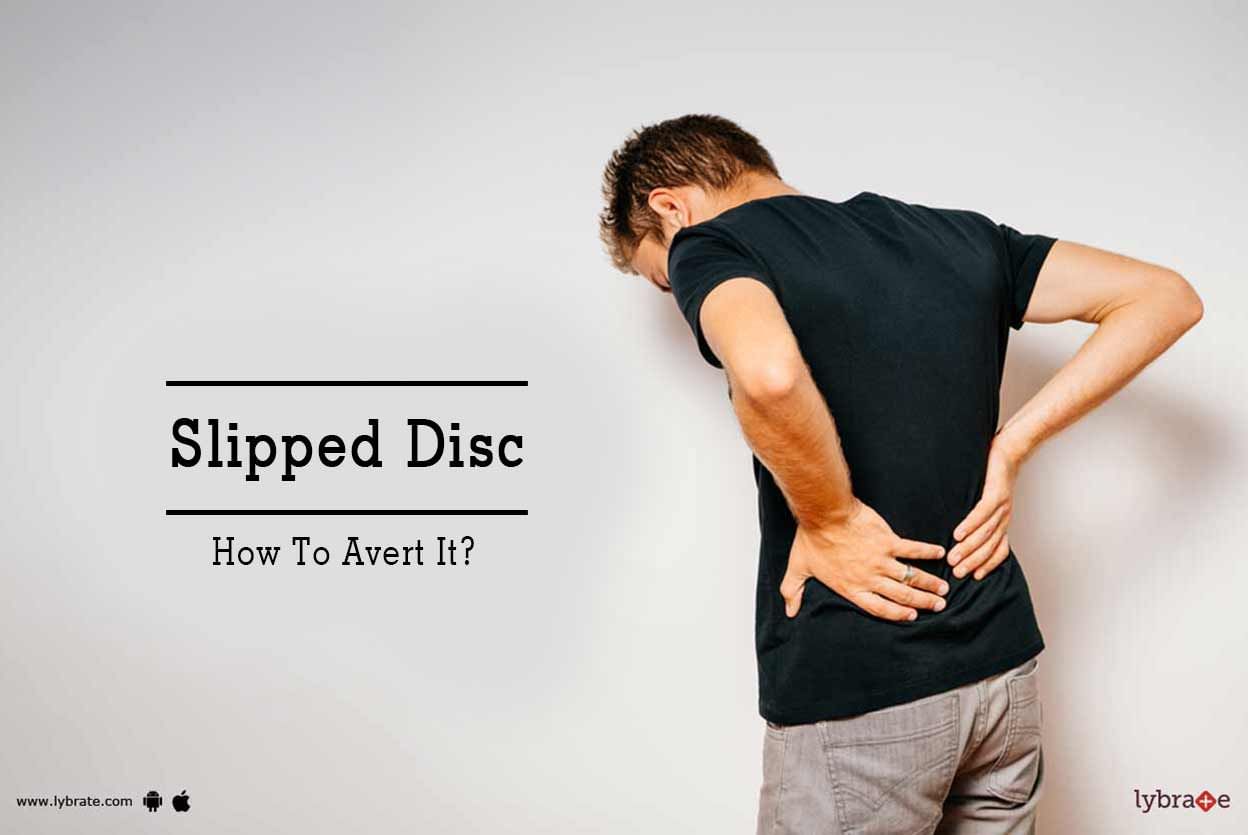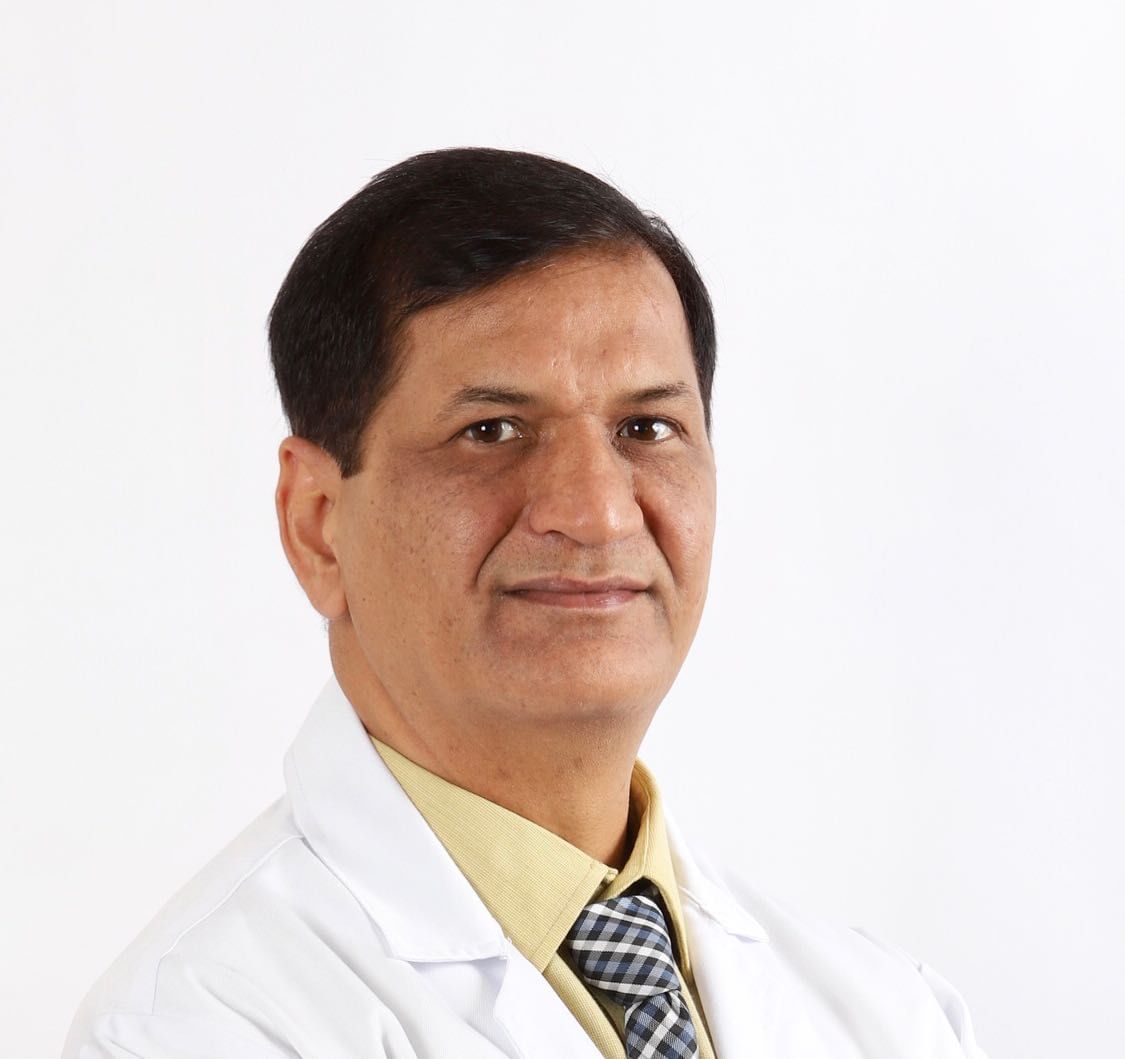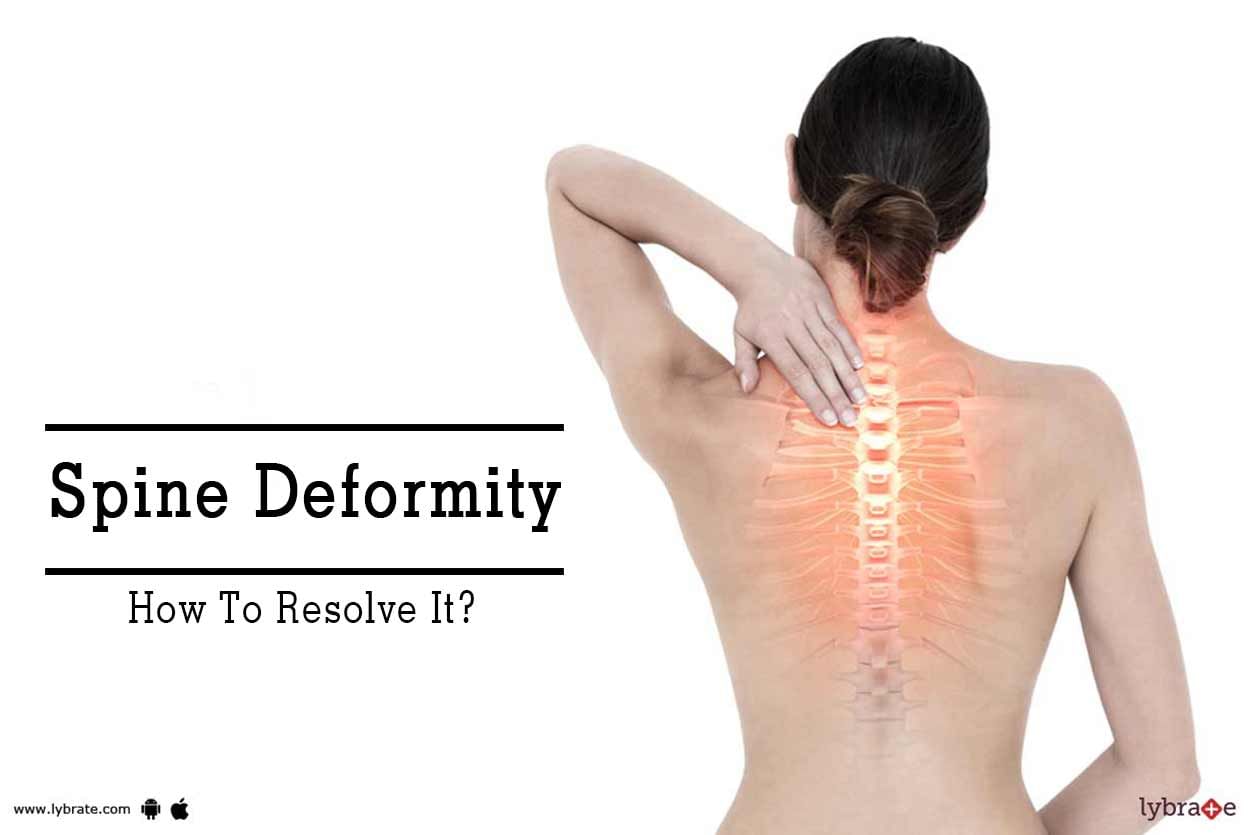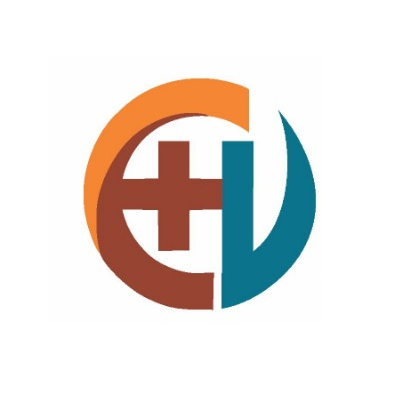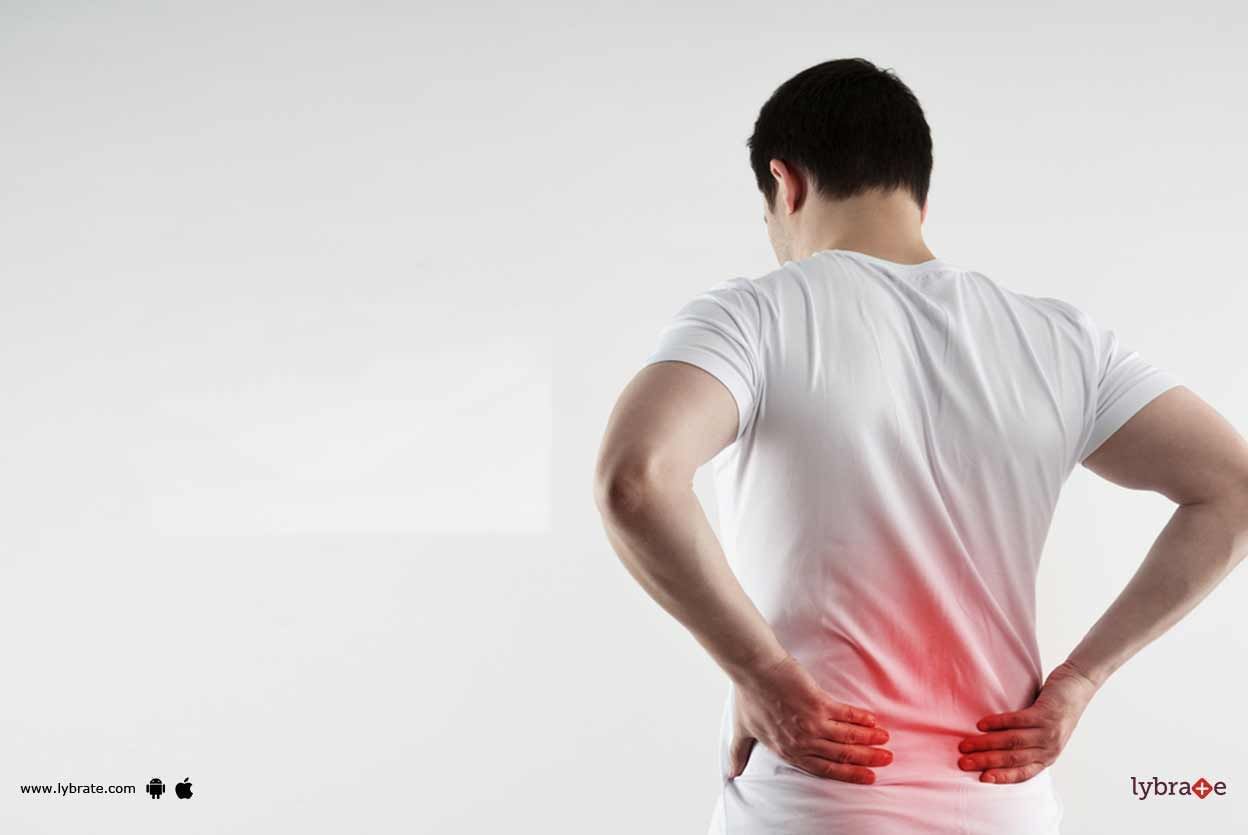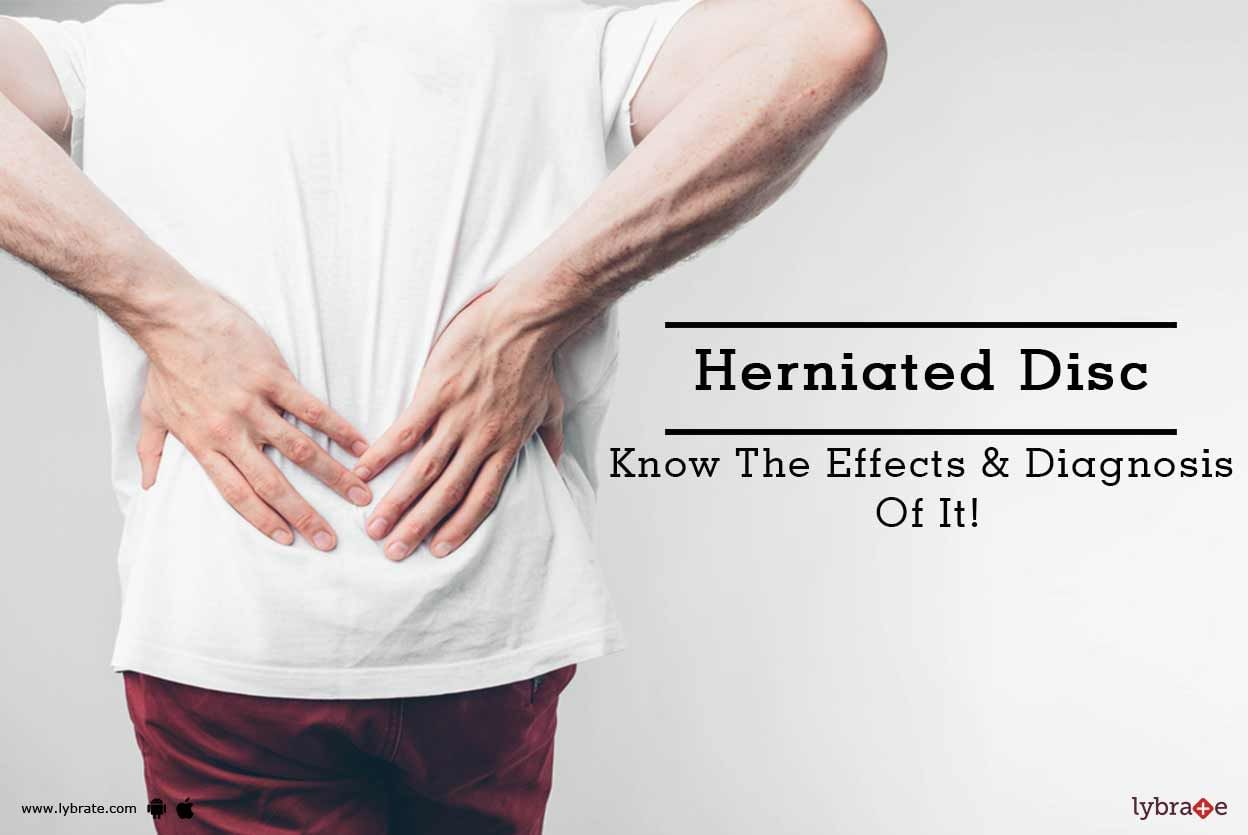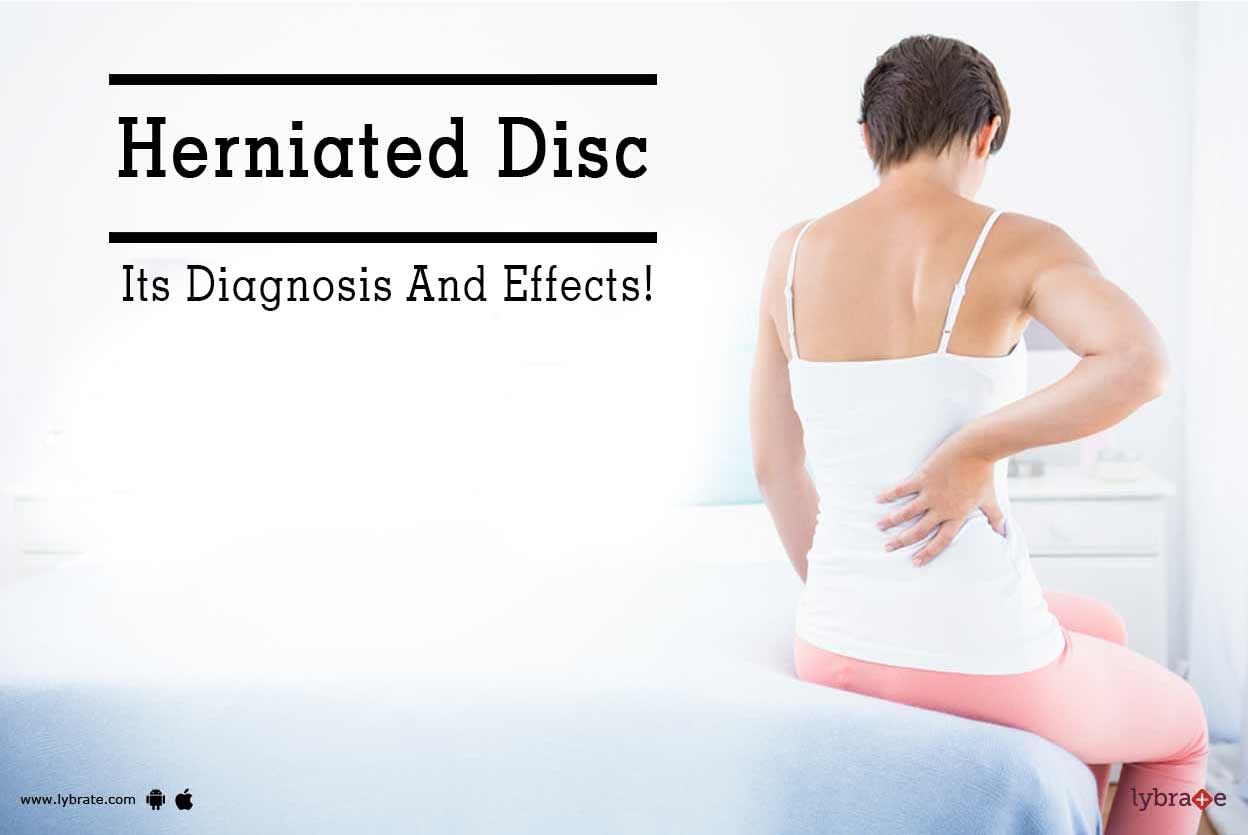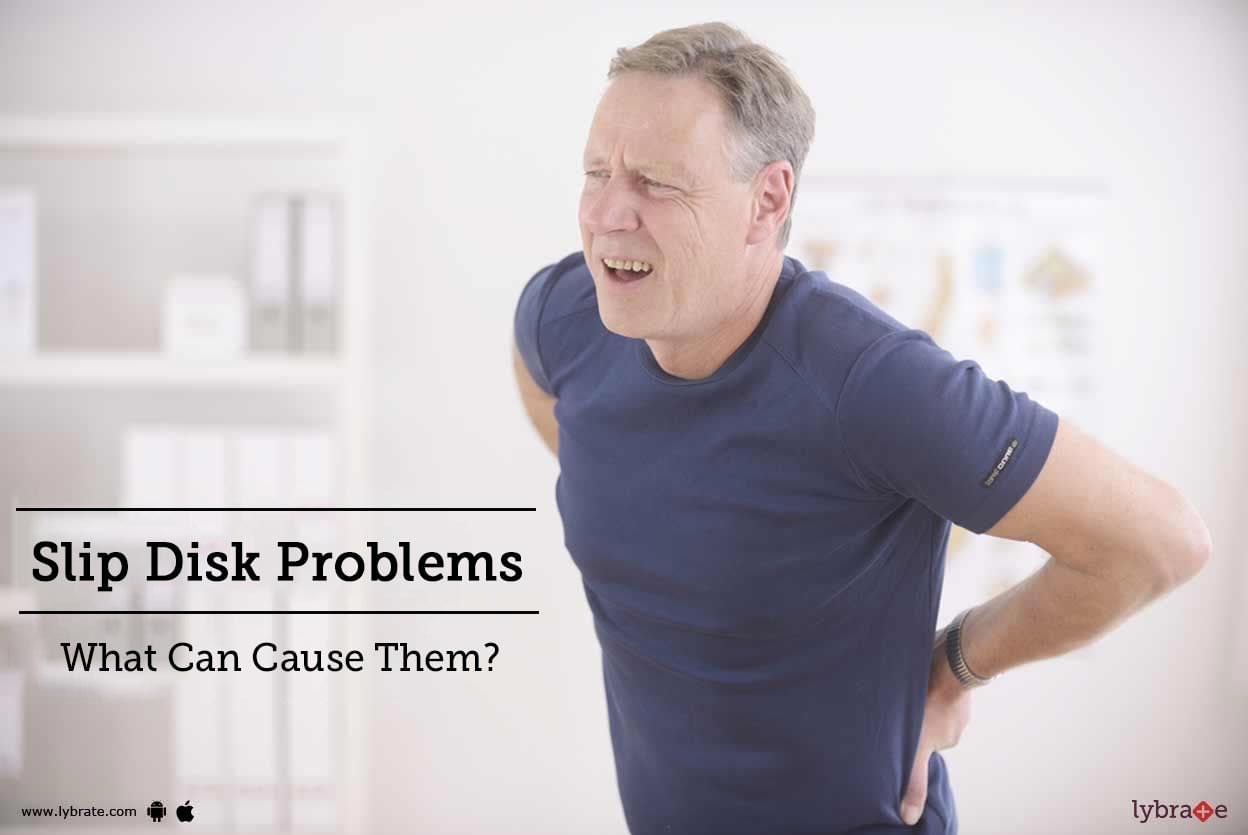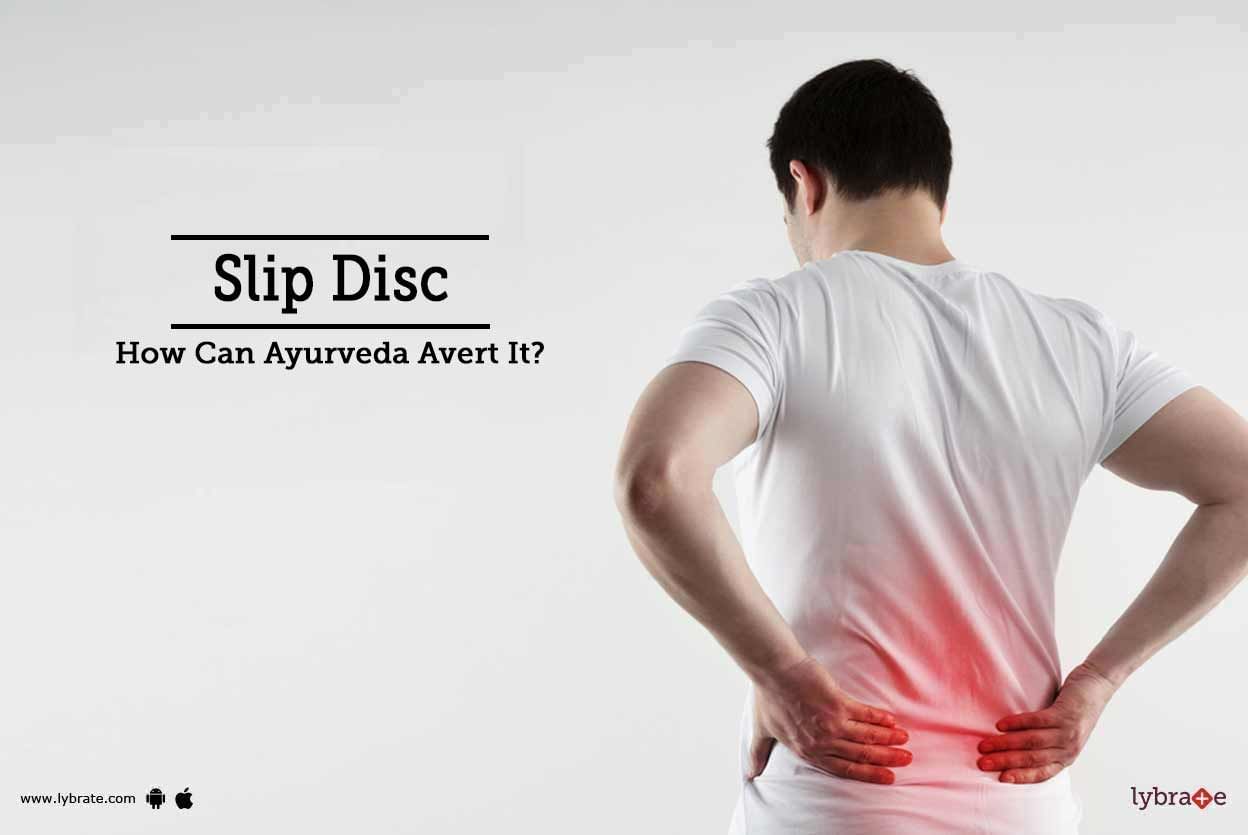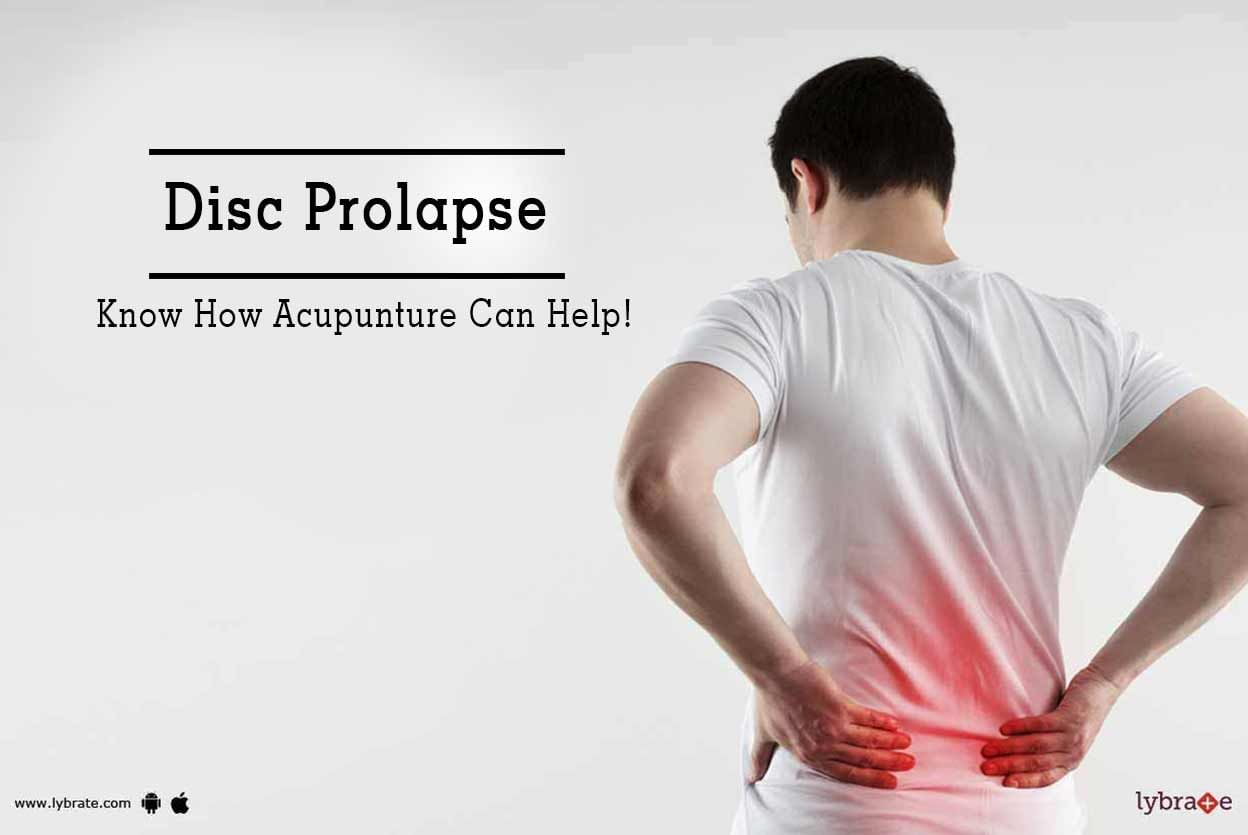Get the App
For Doctors
Login/Sign-up
Health Feed
Find Doctors
Health Packages
AllQ&AsTipsQuizzes
Slip Disc Tips
Last Updated: 3 years ago• Featured Tip
Share
Bookmark
Report
1. Dr. G n goyal
Https://www. Lybrate. Com/delhi/doctor/dr-g-n-goyal-pain-management-specialist ;
Mbbs, md, ccepc, obs, fissp, nfpm
21 years experience 800 - 900 at clinic 300 online
Dr. G n goyal is a highly regarded specialist in spine and pain. He earned his mbbs from gmc and his md from ssmc. Dr. Goyal's medical skill has garnered him various honours, including the 1st prize for paper presentation at the international conference ...more
Last Updated: 6 years ago• Featured Tip
Share
Bookmark
Report
A slipped disc is a condition which is characterized by a damaged disc in your spinal cord. The disc is a soft substance present in the spinal cord that cushions the vertebra in the spine. A slipped disc occurs when the soft substance in the disk pops out causing pain in the area.
There are various preventive measures that you can adapt to prevent a slipped disc from occurring; they are
Keep a check on weight: Being overweight increases the risk of a slipped disc as the pressur...more
There are various preventive measures that you can adapt to prevent a slipped disc from occurring; they are
Keep a check on weight: Being overweight increases the risk of a slipped disc as the pressur...more
Last Updated: 6 years ago• Featured Tip
Share
Bookmark
Report
Slipped disc, also known as spinal disc herniation, is a medical condition which affects the spine. The spinal column of the human body is composed of a series of bones (also known as the vertebrae), which are stacked on top of each other. All these bones are cushioned from all sides by discs, which absorb any and all shocks from day to day activities such as lifting, twisting and walking. All discs have two parts: a soft inner portion, and a hard outer ring. Due to weakness or injury, the inner...more
Last Updated: 6 years ago• Featured Tip
Share
Bookmark
Report
Spine deformity is a medical condition that refers to any type of abnormality in the shape, alignment, or formation of the vertebral column. The human spine, in its normal state, has a gentle curvature but when these curves become extreme or move out of place, it leads to deformities. Some deformities are mild in nature while some are serious. The former are not recognizable but the latter mark the personality of the individual and also cause physical problems. Spine deformity is also known as a...more
Last Updated: 6 years ago• Featured Tip
Share
Bookmark
Report
Multi Speciality•Chandigarh
Slip disk is a condition of the spinal column which consists of a stack of vertebras from the cervical, thoracic and the lumbar spine. The bones of the spine are cushioned by disks that are present to absorb shocks. Trauma to the spine may cause the disk to bulge or be ruptured. This may lead to pain in the neck and the back.
Causes of slip disk
Slip disk is caused when the jelly-like substance present in the disks bulges out. The damaged disk thus puts pressure on the adjacen...more
Causes of slip disk
Slip disk is caused when the jelly-like substance present in the disks bulges out. The damaged disk thus puts pressure on the adjacen...more
Last Updated: 6 years ago• Featured Tip
Share
Bookmark
Report
A Herniated disc also known as a slip disc or prolapsed disc and it refers to the problem where one of the discs located in between the bones of the vertebrae(backbone) gets damaged and stacks itself upon the nerves. The tender inner portion of the disc gets protruded over the outer ring. Herniated disc causes severe neck pain and back pain. It occurs when the outer ring gets weak and tears down. The most common symptoms include pain and numbness, especially on one side of the body. The pain ext...more
Last Updated: 6 years ago• Featured Tip
Share
Bookmark
Report
A herniated disc also known as a slip disc or prolapsed disc refers to the problem where one of the discs located in between the bones of the vertebrae(backbone) gets damaged and stacks itself upon the nerves. The tender inner portion of the disc gets protruded over the outer ring. Herniated disc causes severe neck pain and back pain. It occurs when the outer ring gets weak and tears down. The most common symptoms include pain and numbness, especially on one side of the body. The pain extends do...more
Last Updated: 6 years ago• Featured Tip
Share
Bookmark
Report
Slip disk is a condition of the spinal column which consists of a stack of vertebras from the cervical, thoracic and the lumbar spine.The bones of the spine are cushioned by disks that are present to absorb shocks. Trauma to the spine may cause the disk to bulge or be ruptured. This may lead to pain in the neck and the back.
Causes of slip disk
Slip disk is caused when the jelly like substance present in the disks bulges out. The damaged disk thus puts pressure on the adjacent...more
Causes of slip disk
Slip disk is caused when the jelly like substance present in the disks bulges out. The damaged disk thus puts pressure on the adjacent...more
Last Updated: 6 years ago• Featured Tip
Share
Bookmark
Report
A slipped disc is when the soft part of the disc bulges through the circle of connective tissue. This prolapsed may push on the spinal cord or on the nerve roots. However, it is worth noting that 20 percent of the population has slipped discs without experiencing any noticeable symptoms. The term 'slipped disc' does not really describe the process properly - the disc does not actually slip out of place, but bulges out towards the spinal cord. This condition is also known as a herniated, ruptured...more
Last Updated: 6 years ago• Featured Tip
Share
Bookmark
Report
Disc prolapse or what is popularly known as a herniated disc occurs when the soft, rubbery tissues of the spinal discs push through a crack in the tougher exterior casing. It usually results from wear and tear of the spinal discs over time.
Risk Factors-
The following factors may put you at risk of a disc prolapse
Genetics You may have a tendency towards developing a disc prolapse
Occupation People who are engaged in physically demanding jobs are more likely to...more
Risk Factors-
The following factors may put you at risk of a disc prolapse
Genetics You may have a tendency towards developing a disc prolapse
Occupation People who are engaged in physically demanding jobs are more likely to...more
Book appointment with top doctors for Slip Disc treatment
View fees, clinic timings and reviews
Ask a free question
Get FREE multiple opinions from Doctors
posted anonymously

